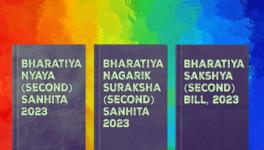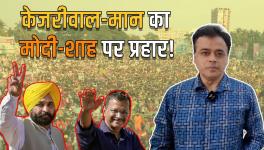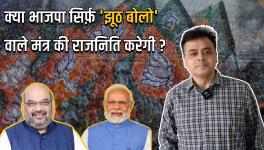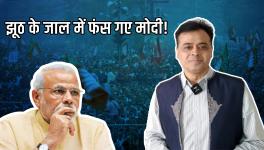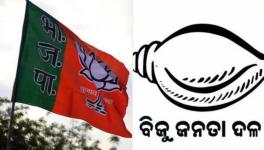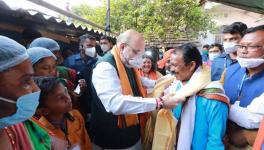The Perils of Amit Shah’s Tutorial on Making News go Viral, Fake or Real
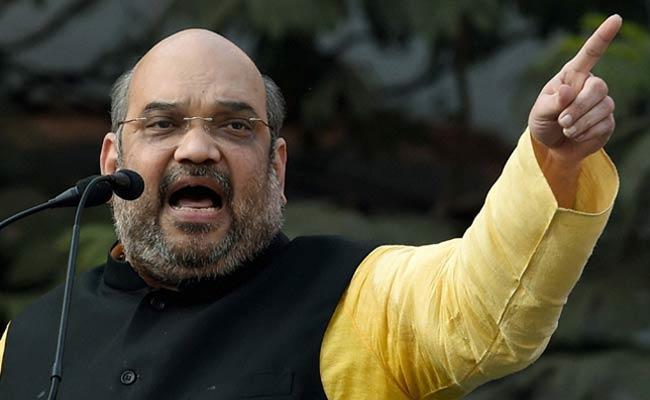
Giving an insight into the workings of the Bharatiya Janata Party’s (BJP’s) IT Cell, party President Amit Shah, in his address to the volunteers in Kota, Rajasthan, said that “In the run-up to the UP assembly elections, the social media team of BJP made two big WhatsApp groups which had a total of 3.1 million members, and every morning at 8 am, every member would receive a message titled ‘know the truth’ about any newspaper reporting which was not in favour of BJP,-branding it as fake news -- which would lead the members to question those newspapers and their reporting”.
It comes as no surprise that Shah emphasised the important role of social media in winning the upcoming elections. He told the social media volunteers that “It is through social media that we have to form governments at the state and national levels.” In fact, social media played a pivotal role in the 2014 Lok Sabha elections by presenting Narendra Modi-- then BJP’s Prime Ministerial -- candidate as a charismatic figure, who had proved his mettle through the so-called ‘Gujarat Development Model’.
The availability of cheap smartphones and cheap Internet data has made social media a potent tool for dissemination of information. The number of users of social media platforms, such as Facebook and WhatsApp, has zoomed in the last two years. The number of active WhatsApp users crossed the 200 million-mark by the end of 2017. According to a Lokniti-CSDS survey conducted in mid-2017, the largest number of users of WhatsApp in India was the youth in the age group of 18-25 and the penetration of WhatsApp and other social media platforms had increased substantially in rural areas. The survey also showed that a good number of people did not trust WhatsApp as a source of news, but the proportion of those who trusted WhatsApp as a source of news remained high enough (29%) !
It must be understood that the consumption of any “news” from any social media platform is not only limited to those 200 million active users but is also consumed by the family members and friend circle of those users leading to a massive ripple effect through word of mouth, giving it a ‘semblance of truth’. Any political or social information on social media platforms has the potential to become a point of discussion among people, which might lead to a qualitative transformation in the views of some people engaged in that discussion about any issue.
Referring to the fake news about Samajwadi Party leader Akhilesh Yadav slapping his father Mulayam Singh Yadav, Amit Shah mentioned how the ‘news’ spread fast among the WhatsApp group members and he started getting calls from people talking and getting amused about the son slapping his Father. Shah though, agreeing that the piece of (dis)information was fake, acknowledged that it created a politically favourable climate for the BJP and emphasised the need to make ‘news’ viral, without verifying its authenticity. He said “this is something worth doing, but don’t do it," he added, prompting the audience to burst into laughter. "Do you understand what I am saying? This is something worth doing, but don’t do it!"
With the Indian economy in a tailspin, mounting non-performing assets or bad loans, cornering of the BJP government by the Opposition over the Rafale deal, rising fuel prices, lack of employment generation, bank defaulters getting away, talks of Opposition unity etc., things are not looking bright for the Narendra Modi government. In this situation, when the public perception of BJP has suffered some damage, and with 2019 general elections on the horizon and three important states where Congress is the main opposition are about to go for polls, the role of BJP IT Cell becomes more important in reversing the damages. Seen in this context, the emphasis on getting any news viral, irrespective of its authenticity, by the president of ruling party, is nothing but a warning sign for further deterioration of democratic ethos in India, as the decision-making process is sure to get affected by the virility of fake news.
Harshvardhan is a Research Scholar in Jawaharlal Nehru University, Delhi.
Get the latest reports & analysis with people's perspective on Protests, movements & deep analytical videos, discussions of the current affairs in your Telegram app. Subscribe to NewsClick's Telegram channel & get Real-Time updates on stories, as they get published on our website.









